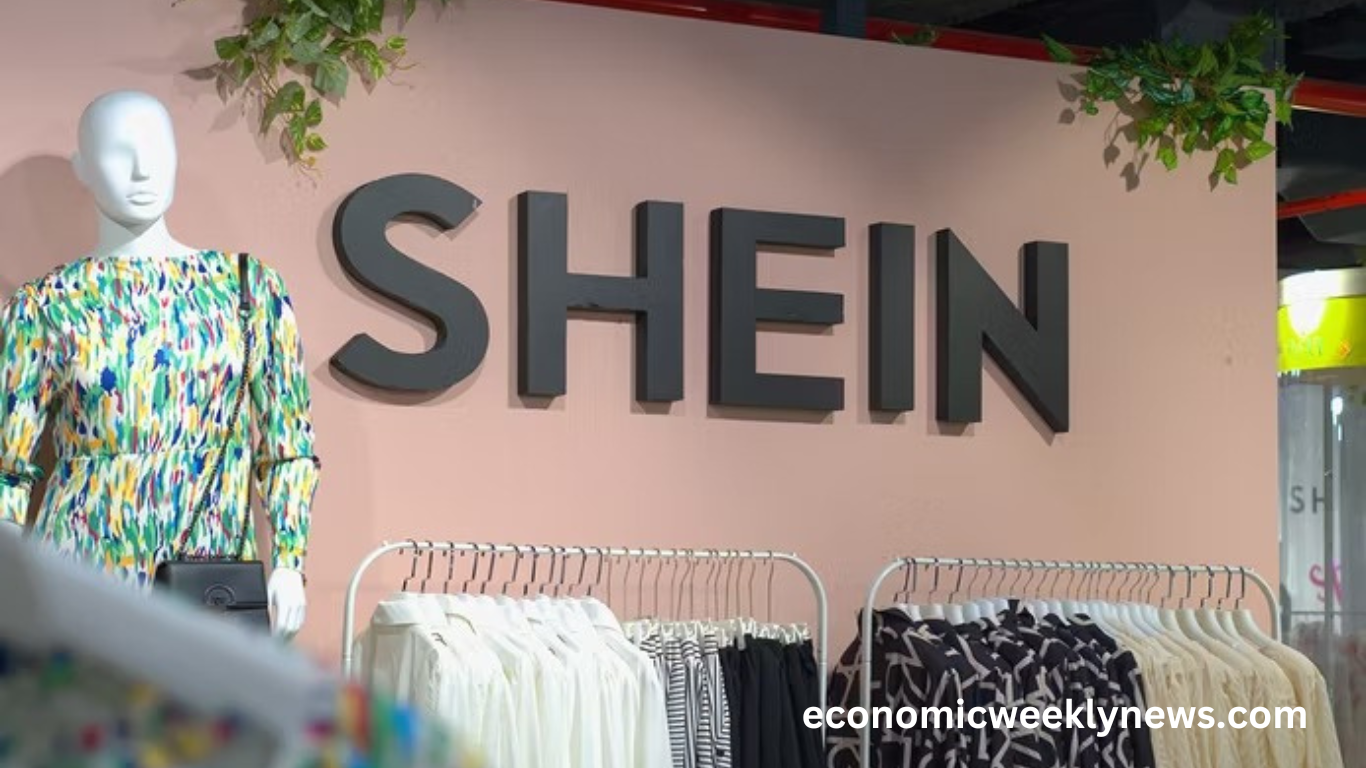Global fast-fashion giant Shein has once again come under scrutiny after a New Zealand designer accused the company of unfairly using her work without permission. The controversy has reignited concerns over Shein’s business practices and the broader issue of intellectual property violations in the fast-fashion industry.
Designer Identifies Unauthorized Use
The controversy arose when New Zealand-based designer Emma Warren discovered that Shein was selling items that closely resembled her original designs. Warren, known for her handcrafted and unique pieces, took to social media to highlight the striking similarities between her work and Shein’s products. The fast-fashion retailer faced immediate backlash from consumers and industry professionals who called for accountability.
Public Reaction and Industry Concerns
The fashion community responded swiftly, with designers and artists expressing solidarity with Warren. Many took to online platforms to voice their concerns, emphasizing that this was not the first time Shein had been accused of replicating independent designers’ work. The incident has fueled a broader conversation about the ethics of mass production and the difficulties small designers face in protecting their intellectual property.
Shein’s Response and Product Removal
Shein responded by removing the contested items from its website. In a statement, the company acknowledged the concerns raised and reiterated its commitment to respecting intellectual property rights. However, the brand did not specify how the designs ended up on its platform or whether internal measures would be strengthened to prevent future occurrences.
The Ongoing Problem of Fast-Fashion Copying
Shein is no stranger to allegations of design theft. The company has previously faced legal action and criticism from independent designers and even established brands for allegedly copying their work. Given its business model, which relies on rapid production and an extensive supply chain, ensuring originality in all its designs has been a persistent challenge.
Challenges for Independent Designers
For independent designers like Warren, encountering copycat designs from large retailers can be devastating. The fast turnaround times of brands like Shein allow them to produce and distribute products quickly, often leaving original creators with limited legal recourse. While some designers have attempted to take legal action, the costs and complexities of intellectual property litigation can be prohibitive, particularly when dealing with international corporations.
Read More : Brighten Your Mood: Maximizing Lighting at Home
Legal Implications and Intellectual Property Protection
Intellectual property laws vary by country, making it challenging for independent designers to seek justice on a global scale. While some jurisdictions provide stronger protections for fashion designs, others have limited safeguards, allowing companies to operate in legal gray areas. Calls for stricter enforcement and more accessible legal options for smaller creators continue to grow as similar cases emerge.
Consumer Awareness and Ethical Shopping
The incident has also led to increased awareness among consumers about ethical shopping choices. Many are reconsidering their purchasing habits and opting to support independent designers and ethically sourced brands. While affordability remains a significant factor in fashion purchases, there is a growing movement advocating for greater accountability from fast-fashion retailers.
The Future of Ethical Fashion
As the industry evolves, more brands are recognizing the importance of ethical business practices. Transparency, fair compensation for creators, and sustainable production are becoming key factors in consumer decision-making. The response to Shein’s latest controversy indicates a shift in public sentiment, with increasing pressure on fashion giants to uphold fair and ethical standards.
Frequently Asked Questions
What was Shein accused of in this case?
Shein was accused of unfairly using the designs of New Zealand designer Emma Warren without permission, sparking allegations of intellectual property violations.
How did the designer discover the issue?
Emma Warren identified that Shein was selling products that closely resembled her original work, which she highlighted on social media.
How did Shein respond to the allegations?
Shein removed the disputed products from its platform and released a statement acknowledging concerns while reiterating its commitment to respecting intellectual property rights.
Is this the first time Shein has faced such accusations?
No, Shein has previously been accused of copying designs from independent creators and established brands, raising ongoing concerns about its business practices.
What legal options do independent designers have in such cases?
Designers can pursue legal action, but intellectual property laws vary by country, and legal battles against large corporations can be costly and complex.
What impact does fast-fashion copying have on small designers?
Independent designers often struggle with lost revenue, brand dilution, and difficulties in protecting their creative work against large-scale fast-fashion brands.
How can consumers support ethical fashion?
Consumers can opt for independent brands, verify a company’s ethical sourcing practices, and avoid fast-fashion retailers with a history of design theft.
What changes are needed to prevent such incidents?
Stronger intellectual property protections, ethical supply chain practices, and accountability from large retailers can help prevent future cases of design theft.
Conclusion
The Shein controversy highlights the ongoing challenges independent designers face in protecting their intellectual property. While Shein’s removal of the products is a step forward, the broader issue of fast-fashion copying remains a concern. Consumers, designers, and policymakers must push for stronger protections and ethical practices in the industry. The growing awareness around such cases signals a shift towards more responsible fashion choices and greater accountability for major retailers.

